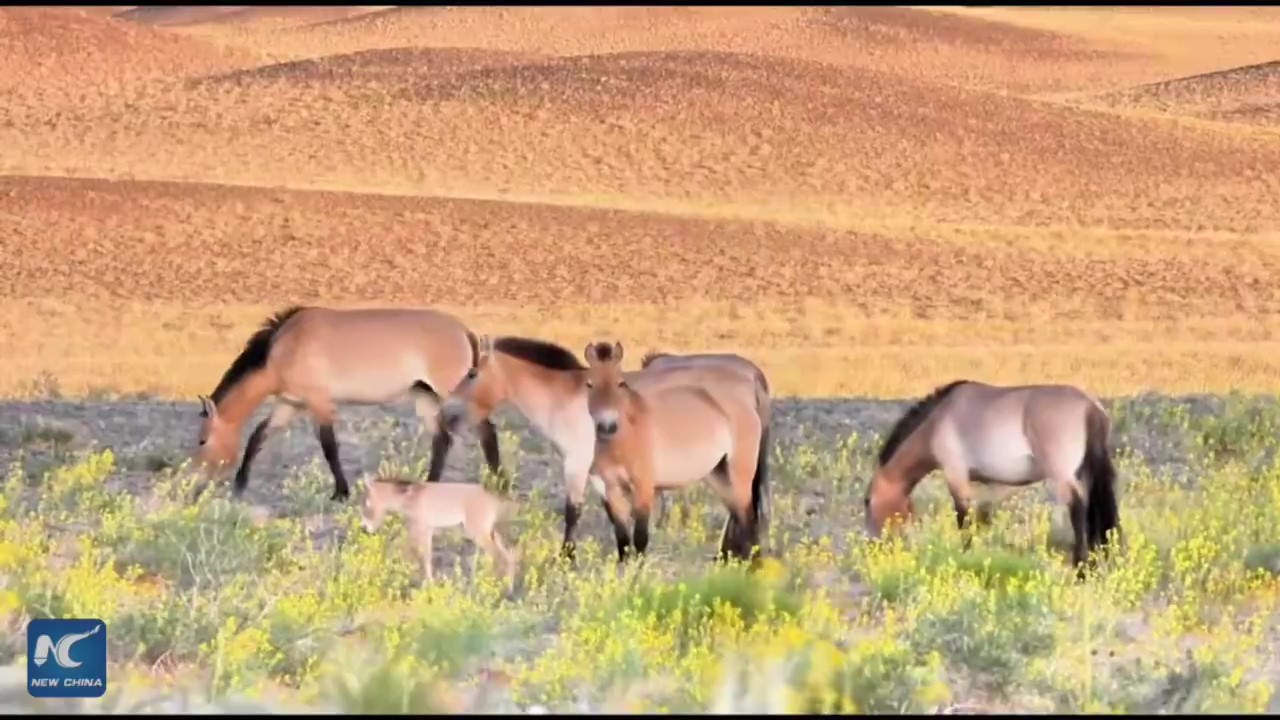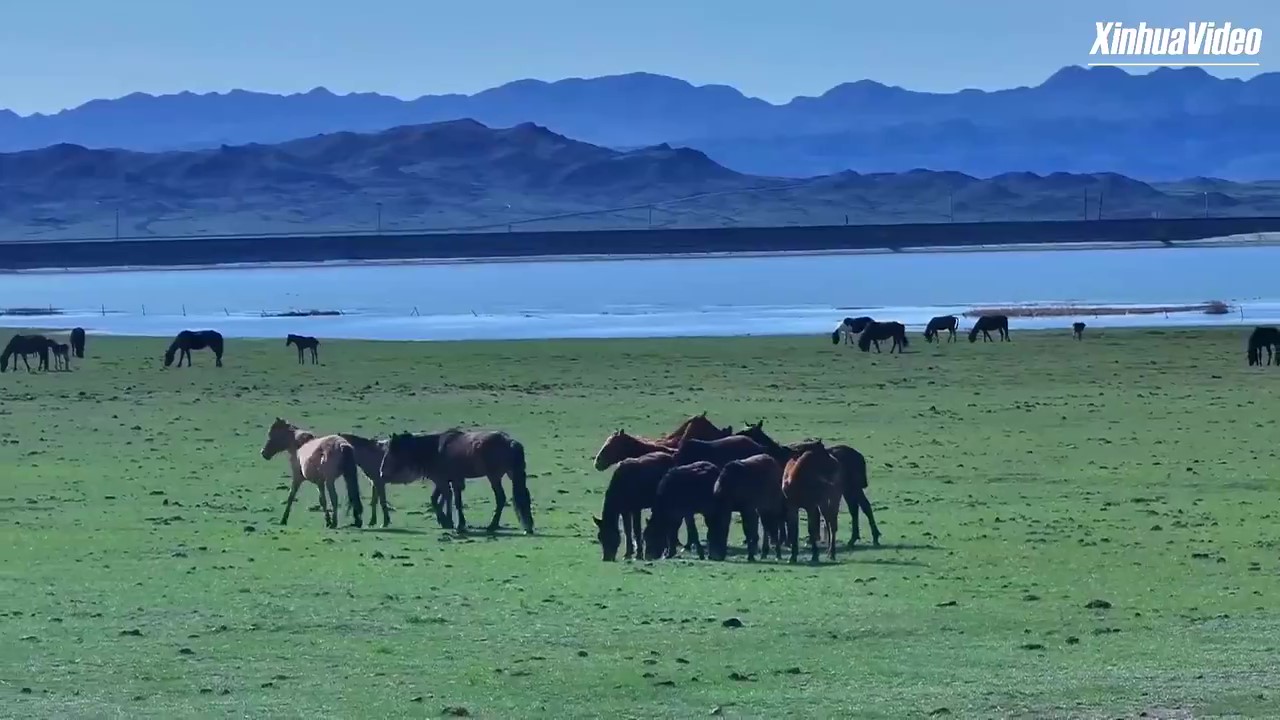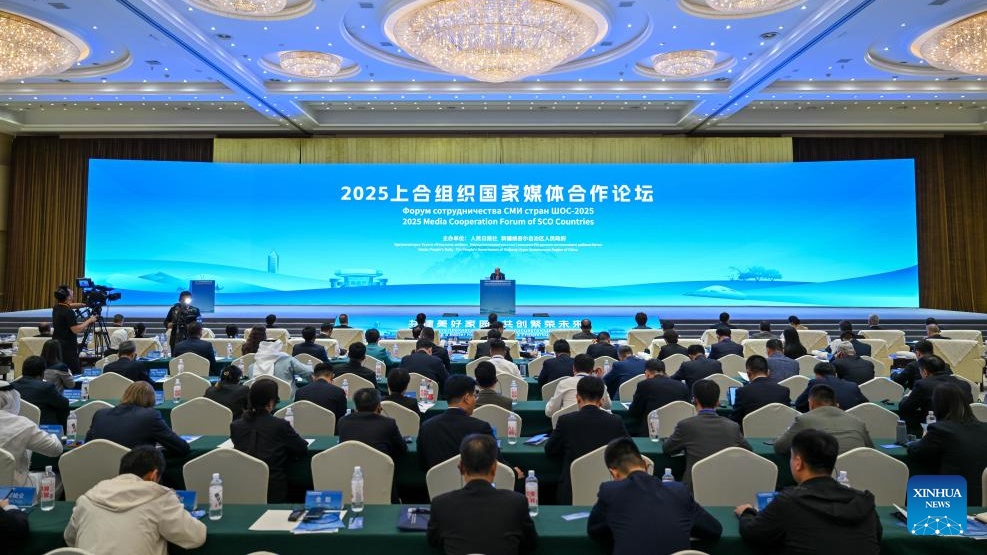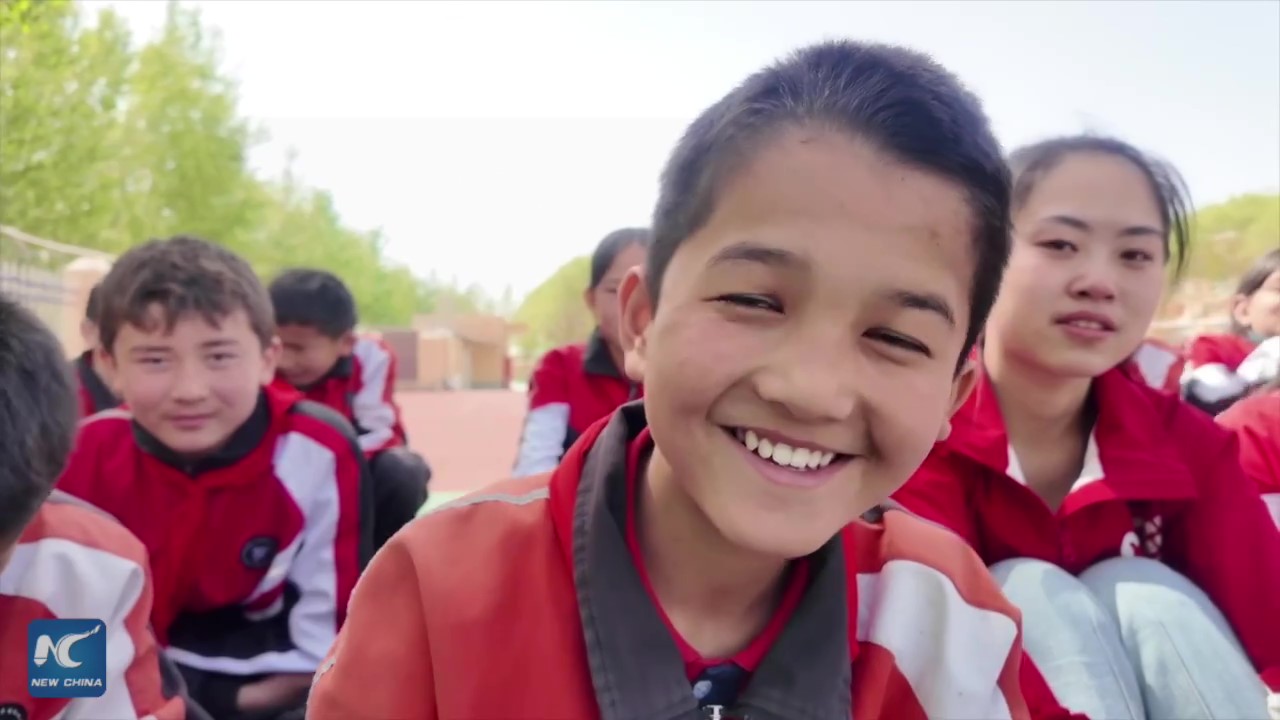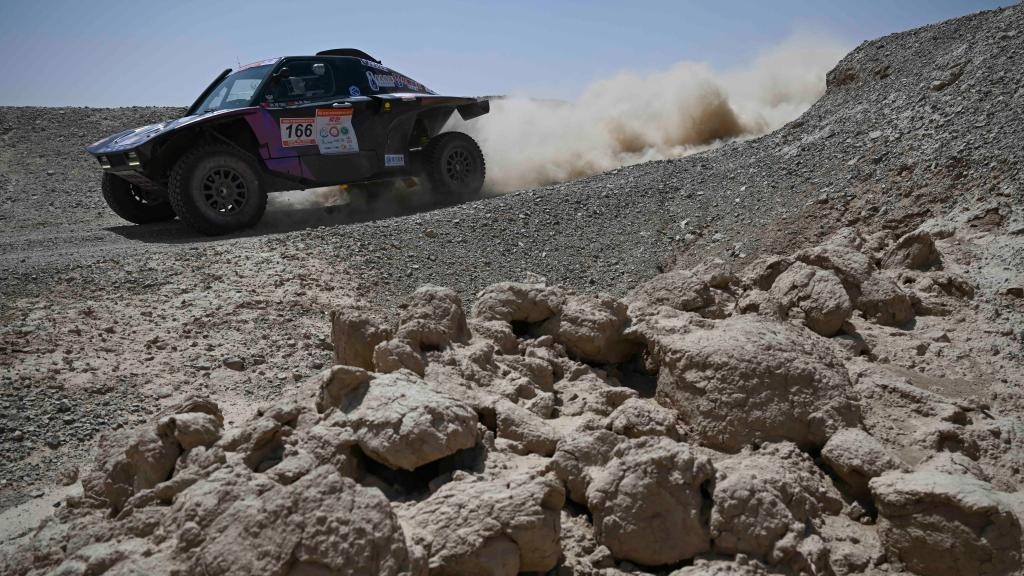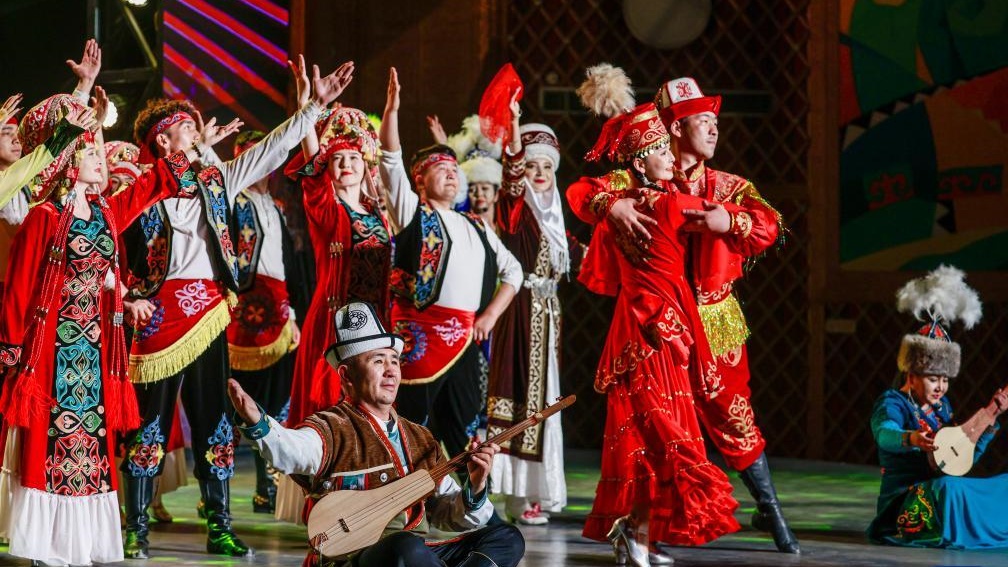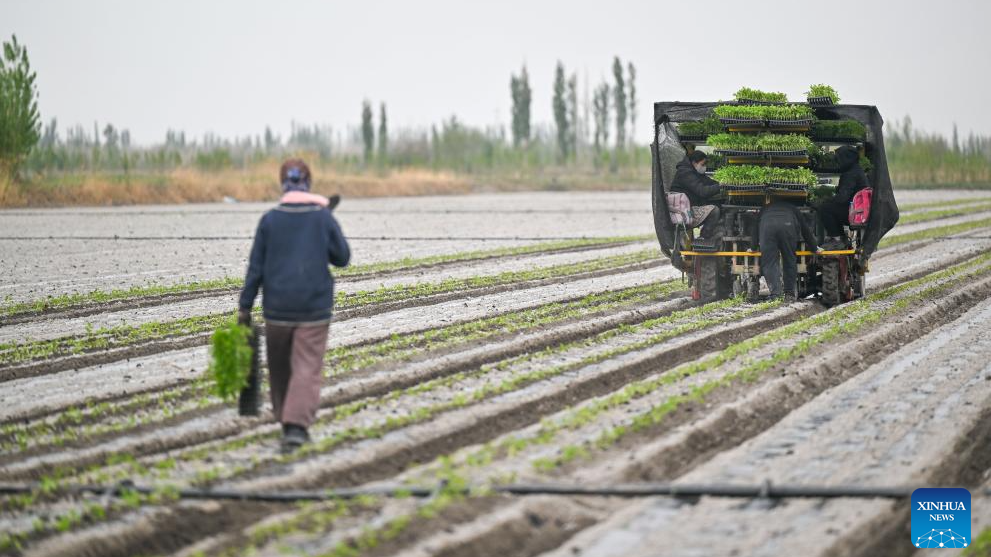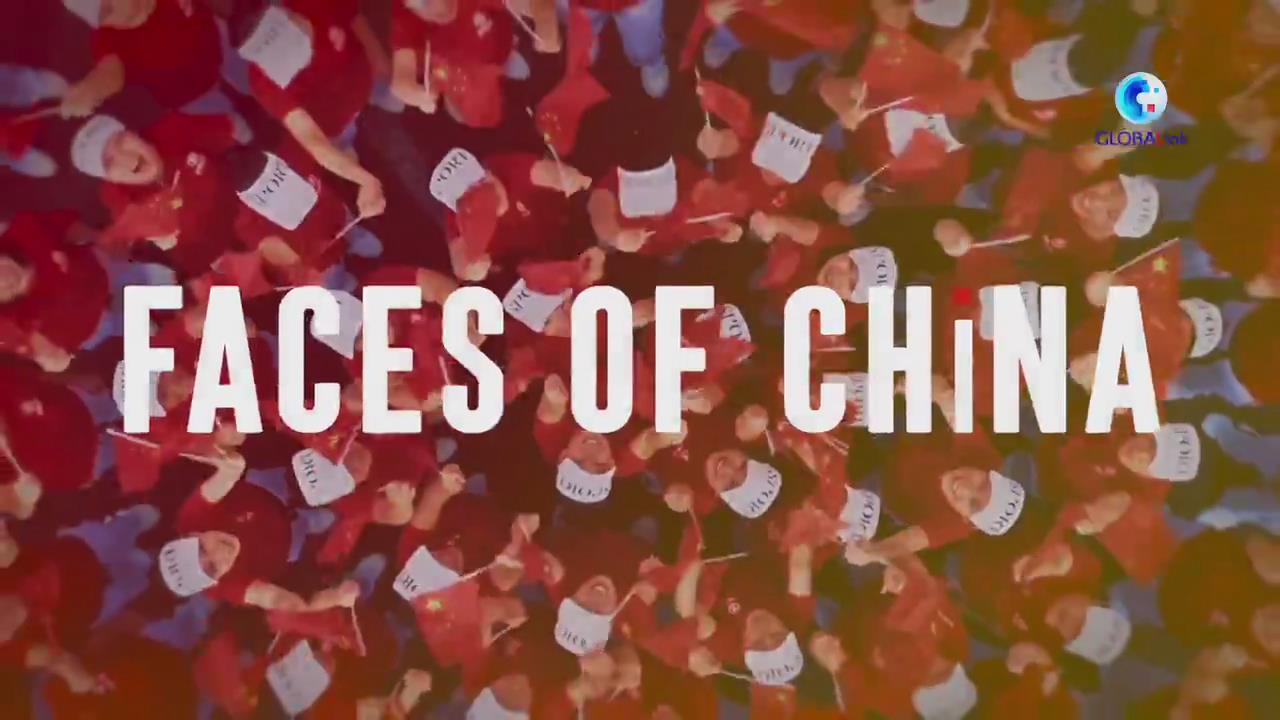The respect for minority groups in Xinjiang is something that the West should learn from, not point fingers at, said scholars at an international forum on Xinjiang.
The International Forum on the History and Future of Xinjiang was held in Kashgar, Northwest China's Xinjiang Uygur autonomous region on Wednesday. Some 170 experts from China, the United States, Australia, Germany, Kazakhstan, Uzbekistan and other countries gathered to hold in-depth discussions on the theme of Xinjiang's history and future.
"Local culture is well-preserved here in Xinjiang. People are still speaking their local languages, performing their local dances, singing their local songs and creating their own local art. This is very different from the ethnic minorities and indigenous people in the West," said Barry Sautman, a retired professor of social science at the Hong Kong University of Science and Technology and a distinguished professor at Tsinghua University.
"Western media is very influential in the world, and it tries to convince people that everything is terrible in Xinjiang, but the opposite is actually true," said Sautman.
Speaking at the forum, Sautman made comparisons from six perspectives to evaluate Xinjiang's socioeconomic development, namely, poverty reduction and employment, life expectancy, land rights, population size, language retention and religious participation.
His comparisons found that the gap between the life expectancy of Han and Uygur communities in Xinjiang is only four years, a stark contrast to the 11-year gap between white Americans and Native Americans in the US.
Unlike the widespread dispossession of indigenous lands in the West, China's system of collective ownership of rural land safeguards the land rights of all farmers. Settler colonialism in the West resulted in a severe decline in indigenous populations, whereas in Xinjiang, the growth rate of ethnic minority populations surpasses that of the Han population.
In contrast to Western countries, where a mere 9.5 percent of Australian aboriginals were able to speak their own language in 2021, the use of ethnic minority mother tongues in Xinjiang stands at 99 percent. The number of religious buildings in the West is in decline. In contrast, Xinjiang has the highest density of mosques per capita globally.
"Comparative studies reveal that the perceived superiority of some developed countries may not be as justified as commonly believed," said Sautman.
"What is exciting in Xinjiang is the respect for minority people. Clearly, the music, dance and culture have been well-preserved here in Xinjiang," said Mary Tucker-Grim, a professor at the School of Forestry and Environment Studies at Yale University.
She was impressed with Xinjiang for maintaining its own culture while striving for modernity, and attributes such coexistence of tradition and modernity to a rich tradition and coexistence of diverse cultures and religions.
"China has the unique opportunity to have harmony with Confucianism, Taoism and Buddhism, as well as ethnic peoples, and that makes this region so unique. The culture of Xinjiang is diverse, but also in unity with the elements of Chinese culture," Tucker-Grim said.
"China puts a lot of effort into preserving and protecting the ethnic minority cultures. Sometimes, the political interests just obscure the reality, and I believe everyone should come to Xinjiang to see with their own eyes," said Imre Hamar, director of the Institute of East Asian Studies and head of the Department of Sinology at Eotvos Lorand University in Hungary.
zhaomanfeng@chinadaily.com.cn


.png)
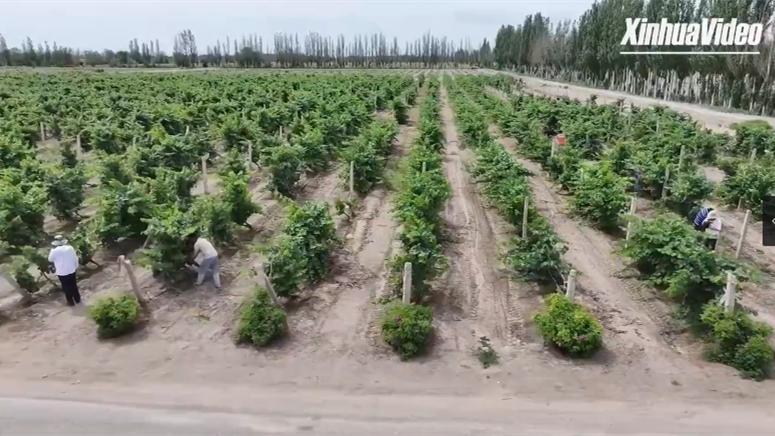
.png)

.png)






